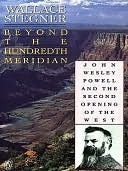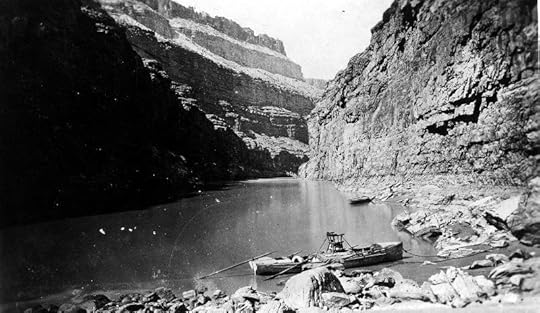What do you think?
Rate this book


Here Wallace Stegner, a Pulitzer Prize-winner, gives us a thrilling account of Powell's struggle against western geography and Washington politics. We witness the successes and frustrations of Powell's distinguished career, and appreciate his unparalleled understanding of the West.
385 pages, Kindle Edition
First published January 1, 1954


